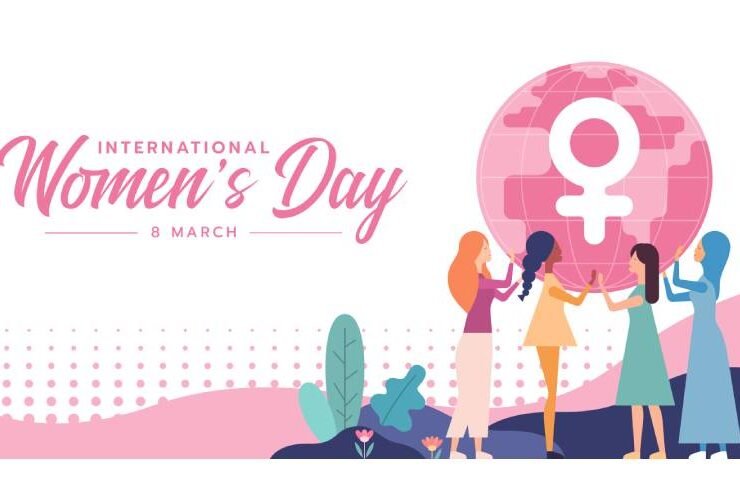
A vibrant life. A brutal end. And a country that can no longer look away.
Sana Yousaf, a 17 year-old TikTok creator with a growing following and a magnetic personality, was murdered a few days back in Islamabad, after refusing the advances of a man who had been harassing her. The case has sparked national outrage and ignited conversations about the rising tide of gender-based violence in Pakistan — and how saying “no” can still cost a woman her life.
Who Was Sana?
Sana wasn’t a celebrity in the traditional sense. She wasn’t on television or in films. But for tens of thousands of young Pakistanis, she was a daily presence — funny, confident, and fearless. Her TikToks weren’t glamorous. They were real: relaxing in her room, chatting with followers, exploring the city.
Her growing digital presence made her both admired and, as we now know, a target.
According to friends and local sources, Sana had been dealing with persistent unwanted attention from a 22 year old man. She declined his advances, clearly and repeatedly. But rather than backing off, he became more aggressive. Day before, that aggression turned into an act of irreversible violence.
He shot her. In her house. Because she said no.
A Nation Grieves
Word of Sana Yousaf’s killing spread rapidly, stirring outrage and heartbreak across the country. It wasn’t just her followers who reacted — women from all walks of life saw their own stories mirrored in hers. The hashtags #JusticeForSana, #EnoughIsEnough, and #SayNoWithoutFear flooded timelines as people spoke out, not just in anger, but in solidarity.
Public figures, fellow creators, and strangers alike shared tributes. Many posted their own stories — the warnings they ignored, the threats they brushed off, the unease that comes with simply saying “no.” For them, Sana’s death wasn’t just a tragedy. It was a confirmation of their worst fears.

Her name now represents more than a life lost. It has become a rallying cry — a stark reminder of how costly it still is for women to assert themselves.
The Cost of Saying “No”
In many parts of Pakistan, women are still raised to be agreeable — to keep their heads down, avoid confrontation, and not upset the balance. But when a woman draws a line, pushes back, or simply refuses a man’s attention, the reaction is often swift and cruel.
Data from the Human Rights Commission paints a grim picture: women who end relationships, decline proposals, or block persistent suitors face a far higher risk of violence. These attacks aren’t about affection. They’re about control — and punishing women for daring to make their own choices.
Sana’s story is part of a wider, deeply rooted problem. One that sees a woman’s independence not as strength, but as defiance.
A System That Doesn’t Protect

While laws exist on paper to shield women from abuse and harassment, in reality, they often fall short. Police are slow to act. Cases drag on. And in far too many instances, victims are forced to prove they were in danger — even after it’s too late.
When women are left to fend for themselves, and families are left picking up the pieces, it becomes clear: justice is not just about having laws. It’s about having the will to enforce them.
Many are now calling for systemic changes, including:
- Specialized protection units for digital harassment victims.
- Swift prosecution in gender-based violence cases.
- Stronger penalties for stalking and threats.
- Public awareness campaigns targeting toxic masculinity.
But legal reform alone won’t fix a cultural problem. That requires deeper work — in homes, schools, and media — to unlearn the belief that women owe men attention, affection, or obedience.
A Sisterhood Rising

In the days since Sana’s death, women across the country have mobilized. Not just in digital spaces, but in the streets. In Lahore, Karachi, and Islamabad, small protests have gathered to demand action. To say, out loud, what so many have been forced to whisper: that women have the right to live without fear of saying “no.”
Young girls who looked up to Sana are now speaking out in her name. Influencers, journalists, and activists are amplifying the message. This time, many hope, the outrage won’t fade.
Final Thoughts
Sana Yousaf deserved more than a viral obituary. She deserved to live, to thrive, to keep creating content that made people smile. Her murder wasn’t just an attack on one woman — it was an attack on every woman who dares to live on her own terms.
Justice must come. Not only in the form of a trial and a sentence, but through a societal reckoning. Because until women are allowed to say “no” without fear, no one is truly free.



